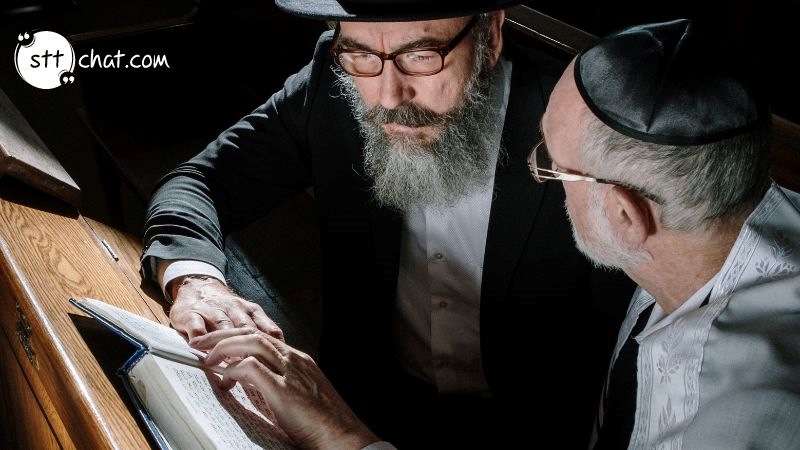The courage to stand up for our beliefs is one of the most powerful expressions of personal integrity and character. Roy T. Bennett's quote, "Be brave to stand for what you believe in even if you stand alone," encourages us to embrace our convictions and persist in our beliefs, even when faced with opposition or isolation. In this blog, we will explore the essence of this quote, examine its significance in various aspects of life, and consider how we can cultivate the bravery required to stand firm in our beliefs.
1. The Meaning Behind the Quote
At its core, Bennett's quote speaks to the importance of staying true to one's principles and values, regardless of external pressures or societal norms. It acknowledges the challenges that come with standing alone and emphasizes the necessity of bravery in those moments. This quote reminds us that true courage is not just about facing physical dangers but also about maintaining our moral compass and integrity, even when it's difficult.
Belief is a fundamental aspect of human nature. It shapes our perceptions, guides our actions, and defines our sense of purpose. Our beliefs give us a framework for understanding the world and determining what is right or wrong, important or trivial. When we hold strong beliefs, they become an integral part of our identity, influencing our decisions and interactions with others.
However, belief alone is not enough. The real power of belief lies in our willingness to act upon it, especially when confronted with challenges or opposition. It is in these moments that our true character is revealed.
2. The Importance of Standing Up for Beliefs
Standing up for our beliefs is vital in various aspects of life, from personal relationships to professional settings and societal issues. Here are some key reasons why it is important:
2.1 Authenticity and Integrity
Standing up for what we believe in is a reflection of our authenticity and integrity. It demonstrates that we are not swayed by external influences or the opinions of others but are committed to living in accordance with our values. This authenticity fosters self-respect and allows us to build genuine connections with others who share similar values.
2.2 Inspiring Change
Throughout history, individuals who have stood up for their beliefs have been catalysts for change. From civil rights leaders like Martin Luther King Jr. to environmental activists like Greta Thunberg, those who dare to challenge the status quo and advocate for their beliefs have the power to inspire others and drive meaningful change in society. By standing up for what we believe in, we contribute to a culture of courage and activism that can lead to positive transformations.
2.3 Building Resilience
Standing alone in defense of our beliefs requires resilience and mental fortitude. It teaches us to cope with criticism, rejection, and adversity, ultimately strengthening our character. This resilience not only benefits us in the face of challenges related to our beliefs but also equips us with the skills to navigate other difficult situations in life.
2.4 Fostering Respect
While standing up for our beliefs may lead to disagreements or conflicts, it also fosters respect. When we confidently articulate and defend our beliefs, we demonstrate to others that we are principled and thoughtful individuals. Even if others do not agree with us, they are more likely to respect us for having the courage to stand by our convictions.

Standing up for our beliefs is vital in various aspects of life, from personal relationships to professional settings and societal issues. Source: Internet
3. Overcoming Challenges and Standing Alone
Despite the importance of standing up for our beliefs, doing so can be daunting, especially when faced with opposition or isolation. Here are some strategies to help cultivate the bravery required to stand alone:
3.1 Know Your Values
Understanding your core values and beliefs is the foundation of standing up for them. Take the time to reflect on what truly matters to you and why. This clarity will give you the confidence to stand by your beliefs, even when challenged.
3.2 Educate Yourself
Knowledge is a powerful tool for defending your beliefs. Take the time to educate yourself on the issues you are passionate about. Gather information, seek diverse perspectives, and engage in thoughtful discussions. Being well-informed will bolster your confidence and ability to articulate your beliefs effectively.
3.3 Build a Support Network
While standing alone is sometimes necessary, having a support network can provide valuable encouragement and perspective. Surround yourself with individuals who share your values and beliefs, and seek their guidance and support when faced with challenges. Knowing that you are not entirely alone can strengthen your resolve to stand up for your beliefs.
3.4 Practice Resilience
Resilience is key to weathering the storms that come with standing alone. Cultivate resilience by practicing self-care, maintaining a positive mindset, and focusing on the bigger picture. Remember that setbacks and criticism are part of the journey, and each challenge you overcome will make you stronger.
3.5 Embrace Vulnerability
Standing up for your beliefs often involves vulnerability, as it requires exposing your true self and risking criticism or rejection. Embrace this vulnerability as a sign of courage and strength. Recognize that vulnerability is a natural part of the human experience and a testament to your authenticity.

Despite the importance of standing up for our beliefs, doing so can be daunting, especially when faced with opposition or isolation. Source: Internet
Conclusion
Roy T. Bennett's quote, "Be brave to stand for what you believe in even if you stand alone," is a powerful reminder of the courage required to stay true to our principles. It challenges us to embrace our beliefs with conviction and integrity, even in the face of opposition or isolation. By standing up for what we believe in, we not only honor our authenticity but also inspire change, build resilience, and foster respect.
While standing alone can be daunting, it is an essential aspect of personal growth and societal progress. By knowing our values, educating ourselves, building a support network, practicing resilience, and embracing vulnerability, we can cultivate the bravery needed to stand firm in our beliefs. In doing so, we become agents of change and champions of our values, contributing to a world where courage and conviction are celebrated.
Let us embrace the challenge of standing alone and find strength in the knowledge that our beliefs matter, even if they set us apart from the crowd. In the end, it is our bravery and unwavering commitment to our values that will define us and shape the world we live in.






